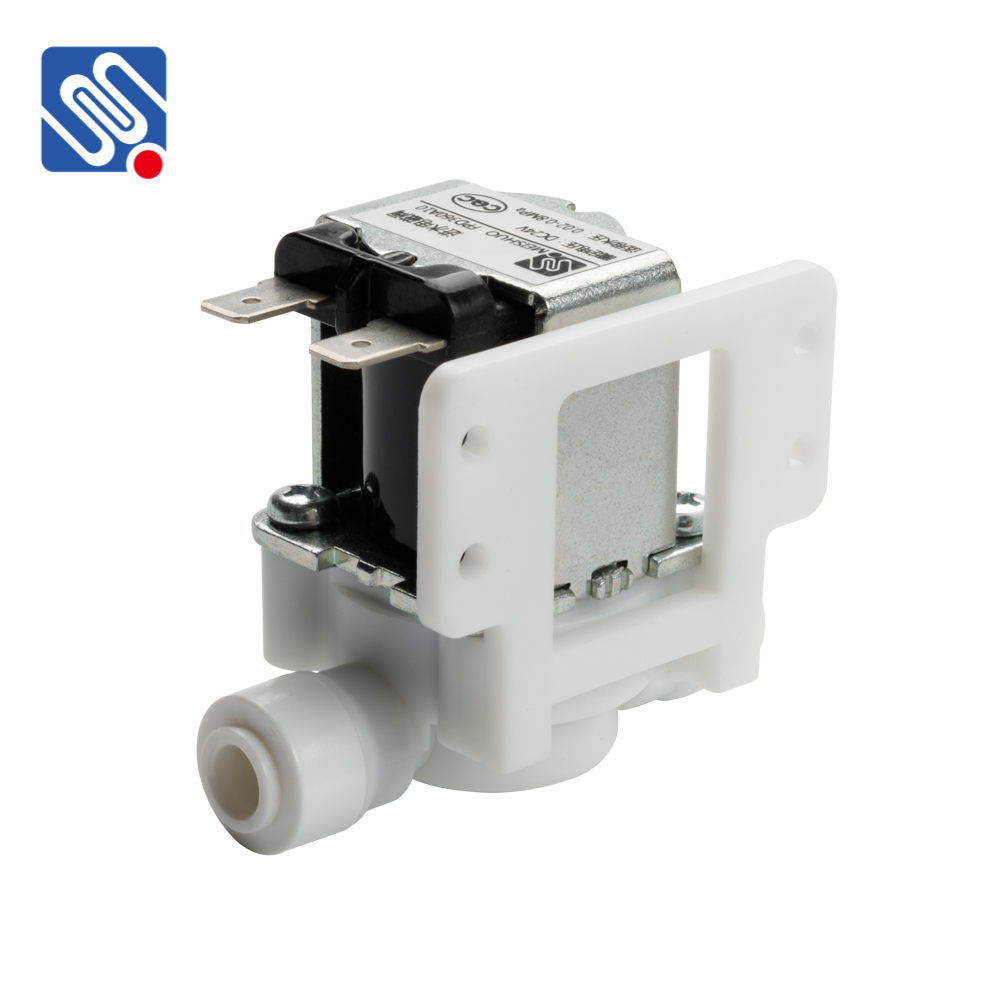Solenoid valves are widely used in various industries to control the flow of liquids or gases. These valves function by using an electromagnetic coil to actuate the valve, allowing or stopping the flow depending on the electrical signal received. Among the different materials available for solenoid valves, stainless steel and plastic stand out as the two most commonly used options. Each material comes with its own set of advantages and limitations, making them suitable for different applications. In this article, we will explore the key characteristics of stainless steel and plastic solenoid valves, their advantages, and their ideal applications.

Stainless Steel Solenoid Valve Stainless steel solenoid valves are renowned for their durability, strength, and corrosion resistance. Made from high-grade stainless steel, these valves are designed to withstand challenging environmental conditions, including exposure to harsh chemicals, high temperatures, and high-pressure systems. This makes them an ideal choice for industries that require robust performance and reliability. Advantages of Stainless Steel Solenoid Valves Corrosion Resistance: One of the key benefits of stainless steel is its ability to resist corrosion, even when exposed to moisture, chemicals, and extreme environmental conditions. This makes stainless steel solenoid valves highly suitable for applications where corrosion resistance is crucial, such as in chemical processing or marine environments.
Leave a Reply